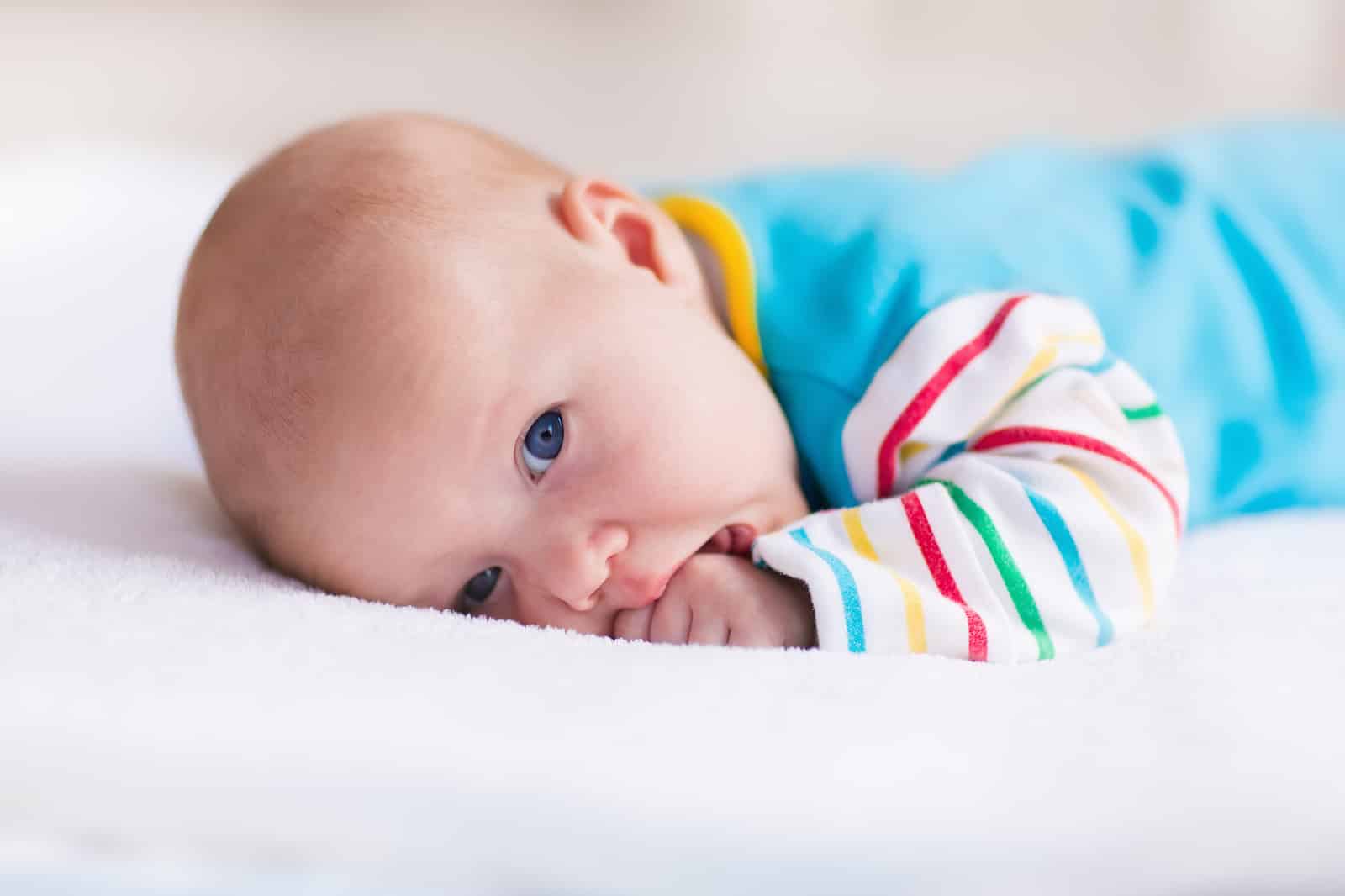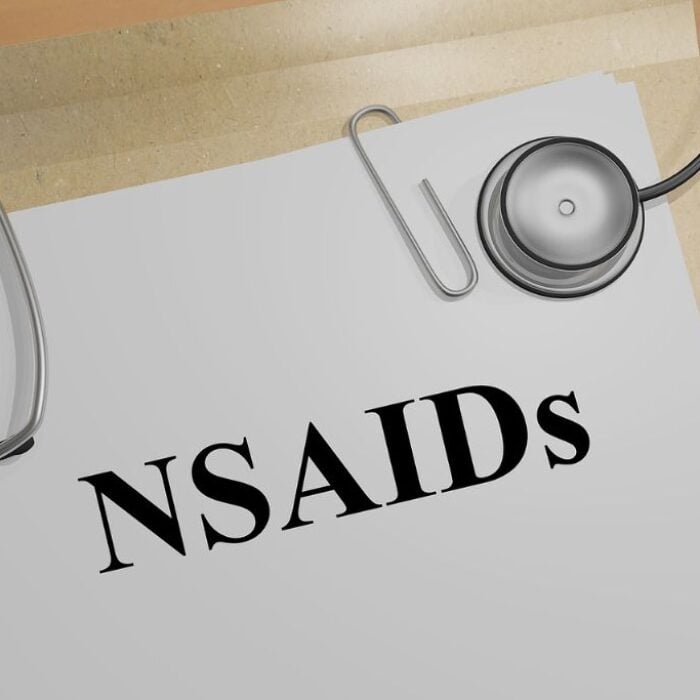Over the past few years, there has been increasing awareness of the opioid epidemic raging in the United States. Now, a sobering new statistic from a large research study highlights how devastating opioid addiction truly can be: an opiate dependent baby is born every hour in the United States. This lends new urgency to calls to increase funding and support for the fight against opioid abuse and dependence.
The Scope of the Opioid Dependence Problem
An estimated 1.9 million people had a substance use disorder related to prescription painkillers in 2014. In addition, another 586,000 were abusing heroin. Although both men and women can develop a drug problem, women may be preferentially affected by prescription opioid addiction. The American Society of Addiction Medicine estimates that overdose deaths from prescription painkillers rose 400% from 1999 to 2010, compared to 237% for men. This means that more women — including pregnant women — are addicted to opioids than ever.
Physicians at the University of Michigan conducted the latest research on the effects of opioid dependence on infants. In a report published in the Journal of the American Medical Association, the premier scientific journal for topics of national public health importance, the researchers reported that the incidence of opiate dependence in babies nearly tripled from 2000 to 2009. The technical term for this diagnosis is “neonatal abstinence syndrome,” which is a drug withdrawal syndrome. In 2009, the latest year for which data were available, an estimated 13,539 babies were born with neonatal abstinence syndrome. That translates to approximately one baby born each hour with this problem. Since rates of opioid abuse have only increased, it’s possible that even more babies are born with this condition today.
Opiate Dependent Baby Symptoms and Opiate Dependence in Infants
Neonatal abstinence syndrome, or opiate dependence in infants, occurs when the mother uses opiates during her pregnancy. This could be illicit drugs such as heroin or prescription opioid painkillers. Pregnant women are discouraged from taking prescription opioid painkillers because they can be harmful to the developing fetus. Despite this, many women struggling with addiction continue to take opioids during their pregnancy.
Pregnant women are connected to the growing fetus through the placenta, which transmits blood and nutrients to the child. When a woman takes drugs such as opioids, the substance passes through the placenta to the child. Since a fetus is much smaller than an adult, even a small amount of an illicit substance could have serious ramifications. When pregnant women take drugs within a week of the child’s birth, the infant is drug dependent at birth. This triggers withdrawal symptoms. This means the infant’s body struggles to cope with the absence of the drug it had become accustomed to.
Neonatal abstinence syndrome is characterized by mottled skin, diarrhea, excessive crying, irritability, difficulty feeding, slow weight gain, sweating, sneezing or stuffy nose, fever, muscle hyperactivity, vomiting, trembling, and even seizures. These symptoms typically develop within a day or two after birth.
How to Protect Vulnerable Babies from Opioid Dependence
Sadly, being born an opiate dependent baby can have long-lasting effects on a baby’s development. These children are more likely to have birth defects, be born prematurely, and have low birth weight. They may also have difficulty gaining weight at an appropriate rate. Additionally, infants with neonatal abstinence syndrome are at increased risk for sudden infant death syndrome (SIDS) and a range of developmental and behavioral problems later in life.
The only way to prevent babies being born with opioid dependence is to help their mothers get the help they need. We must educate young women about the risks of using prescription opioids or heroin. They must understand the effects it can have on a unborn child. Additionally, it is important for all people, especially women to be able to seek treatment without fear of judgment. Increasing access to mental health care, effective medical detoxification and individualized drug treatments programs, is the best way to reduce the rate of neonatal abstinence syndrome in babies. We can only prevent innocent children from the affects of opioid dependence by committing to change how we view and treat drug addiction.
Source
Opioid Addiction 2016 Facts & Figures, American Society of Addiction Medicine. Retrieved on 08/22/2016.
About one baby born each hour addicted to opiate drugs in U.S., U-M study shows, Health System, University of Michigan. Retrieved on 08/22/2016.














